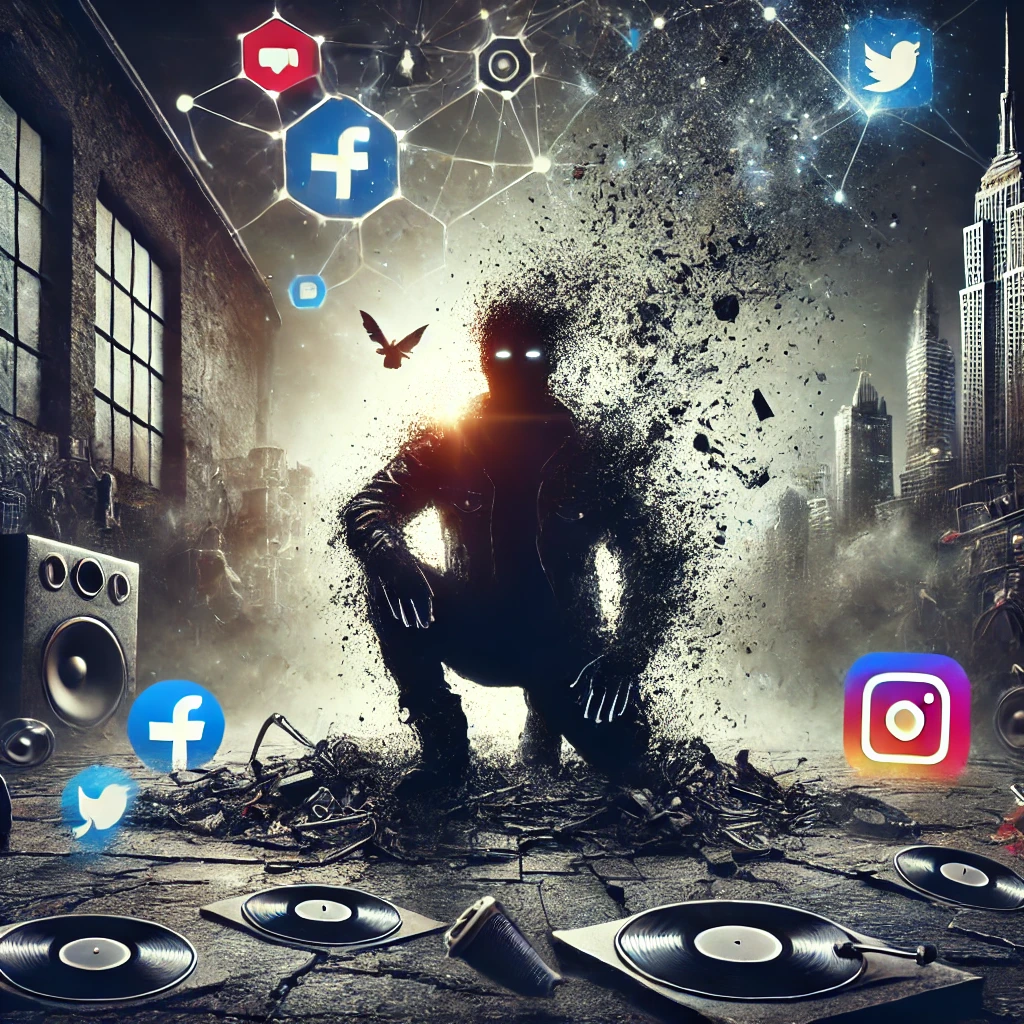In recent years, hip-hop has undergone a seismic shift. While the genre’s evolution has been marked by its growing cultural dominance, there’s also been a growing conversation about the accountability of its leaders. The news of Sean “Diddy” Combs facing allegations from 120 accusers, including minors, is not just another high-profile case—it may signal the end of an era where a few influential figures control the gates to hip-hop success.
Diddy’s Allegations: A Shocking Blow
Sean Combs, often called “Diddy,” is a titan in hip-hop with three decades of career. He’s produced records for legends like Notorious B.I.G. and Mary J. Blige, founded the iconic Bad Boy Records, and ventured into other industries, from fashion with Sean John to media with Revolt TV. His influence is undeniable. But recent accusations have put him in the spotlight for all the wrong reasons.
Houston attorney Tony Buzbee, representing the 120 accusers, claims that Combs engaged in a variety of acts of sexual misconduct. The allegations span decades, with victims ranging from young children to adults, male and female alike. Buzbee’s statement about the case has rocked not only the music world but also the entertainment industry at large. It paints a picture of a man who allegedly used his influence and power to manipulate vulnerable people into compromising situations.
Though Combs has denied the allegations through his attorney, calling them “false and defamatory,” the sheer volume of accusations has led many to question the culture that has allowed such figures to remain untouchable for so long.
Gatekeeping in Hip-Hop
Historically, hip-hop’s gatekeepers—moguls like Diddy—controlled access to success in the industry. If you wanted to make it big, you had to work with, or through, these few influential figures. They could make or break careers. This power imbalance allowed those in control to operate without the same level of scrutiny applied to others in the music business.
Diddy’s rise to power is a textbook example. From launching Bad Boy Records to making billion-dollar deals, he became the quintessential gatekeeper. But now, his fall from grace could be a turning point. In an age of social media and streaming platforms, aspiring artists no longer need to rely on moguls to gain visibility. Platforms like SoundCloud, YouTube, and TikTok have democratized music, allowing artists to bypass traditional gatekeepers entirely.
The Decline of the Gatekeepers
The old gatekeeping system becomes less relevant as artists increasingly find success independently. A young rapper no longer needs to seek validation from a Diddy-type figure to launch their career. Today, a viral video or trending social media post can be a ticket to stardom, and artists can build direct relationships with their fans without intermediaries.
The rise of independent and self-made artists reflects a broader societal shift towards transparency and accountability. The #MeToo movement highlighted the abuses of power in Hollywood, and now, it seems the music industry is experiencing its reckoning.
What Comes Next?
Diddy’s case will likely have ripple effects across the music industry as the trial looms. If proven guilty, it would tarnish his legacy and force hip-hop—and the entertainment industry as a whole—to confront the toxic environments that have allowed such behavior to persist.
For young artists, Diddy’s case serves as a cautionary tale. The industry is no longer as impenetrable as it once was. The democratization of music means that new voices can rise without needing to navigate the old power structures that once dominated hip-hop.
The end of gatekeeping doesn’t just mean more opportunities for artists; it means changing how power is distributed. With fewer gatekeepers, there’s less room for abuse and more space for creativity, innovation, and accountability.
Conclusion: A New Chapter for Hip-Hop
This case is not just about Diddy—it’s about the end of an era and the beginning of something greater.

